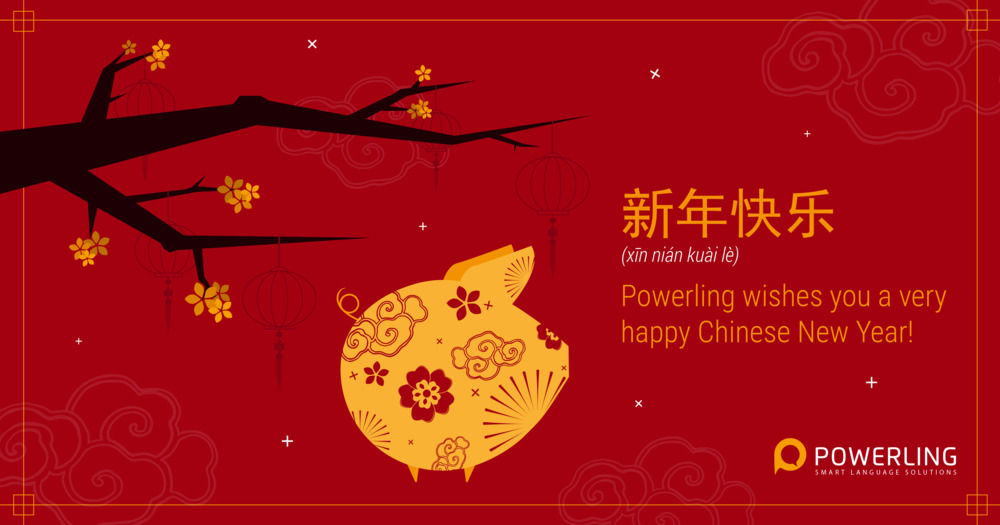New Year is the longest holiday of the year in China. It begins on the first day of the lunar calendar, and ends on the 15th. In 2019, the Chinese New Year begins this February 5th, and the period of festivities will last until February 19th.
Let's discover some characteristics of this tradition, which is more than four thousand years old.
Greetings and blessings are fundamental during Chinese New Year, and people have to pay a visit in the New Year to the eldest (seniors from the husband’s side) family members first. Gifts must not be forgotten!
In return, the eldest will give the younger generation red envelopes containing money. This money is said to “anchor the year”, and can also be called “lucky money” or “New Year’s money”.
The lucky money tradition began in the Han dynasty. They were small collectibles in the form of coins to ward off evil spirits. Auspicious phrases, dragons or phoenixes were commonly engraved onto the surface, and these coins were tied together with red string. The practice transitioned from string to paper and now, the coins are put into red envelopes.
To receive this gift, the young must usually perform three “kowtows” to the elders. Kowtow means “to knock your head” (against the floor), and is the ultimate show of respect. First, you kneel and place your hands on the ground before you, and then bend over and rest your head between your hands.
The year of the Pig
In addition, the Chinese New Year offers a variant each year, that of the entry into one new eras of the zodiac. The Chinese zodiac has 12 animals, which successively give their main characteristics to each new year. 2019 - year 4717 of the Chinese lunar calendar - will be the year of the Pig.
The Pig is the twelfth of the Chinese zodiac animals. According to one myth, the Jade Emperor said the order would be decided by the order in which they arrived to his party. The pig was late because he overslept.
Pigs don’t lose their temper, and will try and compromise, even if they live a very busy life. They will become brilliant fundraisers, teachers or coaches. If they’re interested in investments, they may become wealthy. They tend to neglect small illnesses and then might have to face serious illness!
To celebrate, Powerling is offering you 15% discount on translations into Chinese* for any new order between February 5th and February 28th!
*To know more about this deal: info@powerling.com

